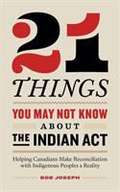Service Alert
CD service concludes July 31, 2025
CELA's audiobooks and magazines are available in Direct to Player and downloadable formats. We no longer mail out CDs. Please contact us for more information.
September 1st - Labour Day
Due to Labour Day, CELA will be closed on Monday, September 1st. Our office will reopen and our Contact Centre services will resume on Tuesday, September 2nd. Enjoy your holiday!



